
Weekly News Wrap: China drafts rules on livestreaming sales; Diwali festival boosts lacking for India's jewelry stores
And Alibaba and JD.com hit a record $115b sales in Singles Day event.
From Reuters:
China’s internet watchdog has drafted rules for the first time to regulate the country’s livestreaming marketing industry, stepping up scrutiny on e-commerce marketplaces belonging to the likes of tech giant Alibaba Group and JD.Com.
In the previous week, China published draft regulations aimed at preventing anti-monopolistic behaviour by internet platforms, which wiped hundreds of billions of dollars off the value of some tech giants including Alibaba and Tencent.
Livestreaming marketing has seen its popularity surge in the last two years amongst brands, and most Chinese e-commerce platforms now offer the option to purchase and sell products via livestreaming.
Telegenic hosts sell goods from personal care products to home appliances in real time, and top Chinese livestreamers like “lipstick king” Li Jiaqi and Viya can sell products worth millions of yuan in a single livestreaming session on platforms such as Alibaba’s Taobao, ByteDance’s Douyin, and Kuaishou.
However, the industry has come under fire with some shoppers and brands accusing some livestreamers of misrepresenting products or faking sales numbers.
Read more here.
From Bloomberg:
Gold jewelry stores in India this year were less busy on the most auspicious day to buy the precious metal as higher prices and the impact of the coronavirus on incomes and fears of the pandemic kept consumers away.
India’s gold shopping peak typically comes ahead of Diwali, or the Festival of Lights that’s celebrated on 14 November by the country’s Hindus. Referred to as Dhanteras, the day is considered a blessed time to buy gold, cars and major appliances or to start new ventures, and the festival is associated with wealth and prosperity.
Purchases during the Diwali period last year languished because of a weak economy and high prices. It’s looking much worse in 2020, with jewelers facing the poorest sales in a dozen years in the festival quarter of October to December, Metals Focus Ltd. estimated.
Read more here.
From CNBC:
Chinese e-commerce giants Alibaba and JD.com racked up around $115b in sales across their platforms during the Singles Day shopping event, both setting new records.
The record sales number came as the Singles Day event, also known as Double 11 because it happened on 11 November, was extended beyond the 24-hour period. Promotions ran from 11 November to midnight on 12 November.
Alibaba said its total gross merchandise value (GMV) over the 11-day period totaled $74.1b (RMB498.2b). That figure nearly doubled last year’s $40.80b (RMB268.4b). Meanwhile, JD.com’s transaction volume over the same period totaled $40.97b (RMB271.5b), more than the $31.07b (RMB204.4b) yuan it recorded in 2019.
Read more here.










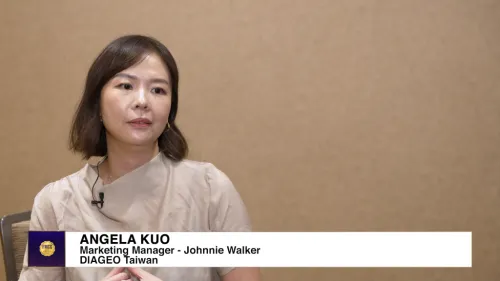

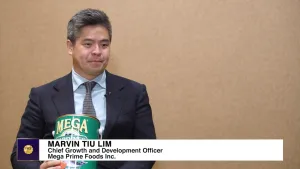
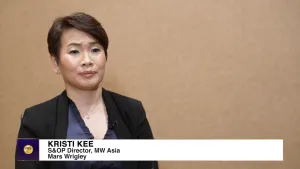


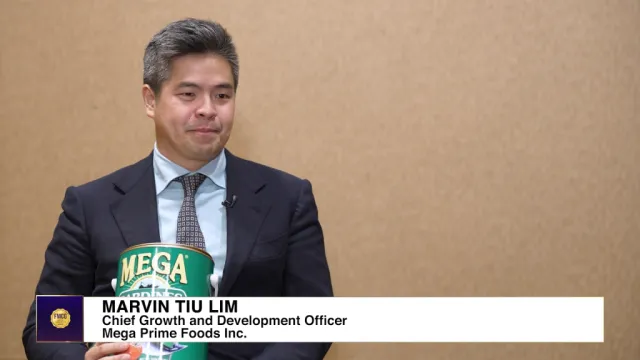
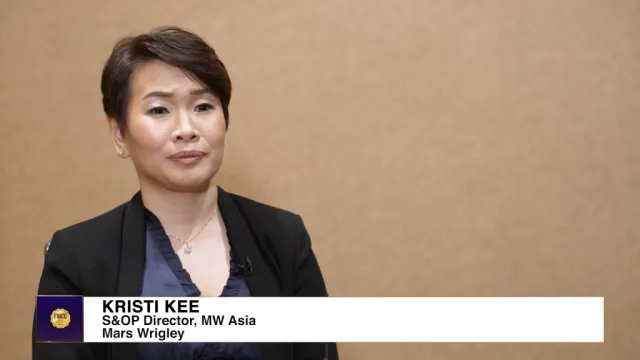

 Advertise
Advertise






